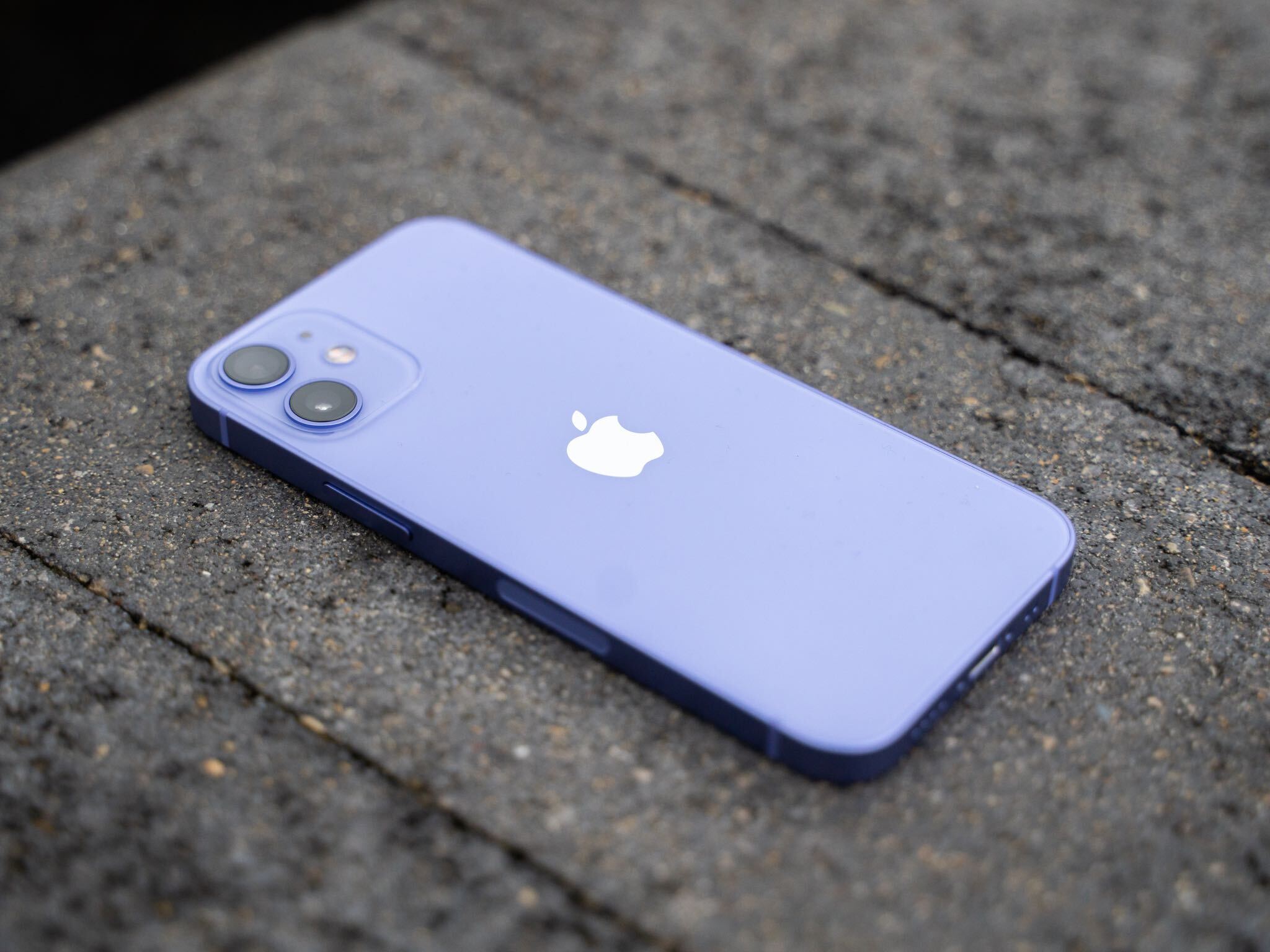The UK will investigate whether the iPhone Upgrade Program discriminates against disabled people

iMore offers spot-on advice and guidance from our team of experts, with decades of Apple device experience to lean on. Learn more with iMore!
You are now subscribed
Your newsletter sign-up was successful
What you need to know
- Apple's UK iPhone Upgrade Program requires someone visit an Apple Store to sign a loan agreement with Barclays.
- Some disabled people are unable to make that visit, preventing them from signing up. The situation is now being investigated.
The UK's Financial Ombudsman is looking into whether Apple or finance partner Barclays are breaking anti-discrimination laws by requiring iPhone Upgrade Program customers to visit an Apple Store to take part. Local laws required companies to take steps to ensure disabled people are not discriminated against and the requirement for an Apple Store visit might break those laws.
As reported by 9to5Mac, London-based Colin Hughes, a quadriplegic Apple user, has had to deal with Apple requiring him to visit the Regent Street Apple Store to sign up for, or renew, the iPhone Upgrade Program.
I am severely disabled with muscular dystrophy, a full-time wheelchair user, housebound a lot of the time, and unable to travel by car or public transport to my nearest Apple Store on Regent Street in central London.When I spotted the "only in an Apple Store" requirement I was concerned but decided to seek clarification by contacting the company's online customer services. I thought, surely in this day and age, they could make an exception for people in my situation.I didn't get anywhere on the telephone but in correspondence Apple told me: "it is a Barclay's requirement to visit the retail store in order to sign the Upgrade Programme agreement". The tech giant offered me no alternative ways of accessing the Programme. I was told there were no exceptions and the IPhone Upgrade Programme was only available in store.
Apple is pointing the finger at Barclays, its finance partner in the UK. Barclays requires people sign paperwork in-store in order to take out credit with the company – leaving Apple in a tough spot. The Financial Ombudsman has confirmed that te case has now been assigned an investigator and that both Apple and Barclays will be looked at to see whether they are breaking any laws.
Whether they are or not, the fact still remains – there has to be a better way. In fact, Hughes has already made suggestions as to what could be done here.
For example, I could have sent in signed forms and ID by post, or with a carer who could visit the store with them on my behalf. Apple rejected this as an option.I could have visited a branch of Barclays Bank. There is one very near me within reachable distance in my wheelchair, where my ID and signature for a credit agreement could have been verified.
That all seems fair enough to me!
iMore offers spot-on advice and guidance from our team of experts, with decades of Apple device experience to lean on. Learn more with iMore!

Oliver Haslam has written about Apple and the wider technology business for more than a decade with bylines on How-To Geek, PC Mag, iDownloadBlog, and many more. He has also been published in print for Macworld, including cover stories. At iMore, Oliver is involved in daily news coverage and, not being short of opinions, has been known to 'explain' those thoughts in more detail, too.
Having grown up using PCs and spending far too much money on graphics card and flashy RAM, Oliver switched to the Mac with a G5 iMac and hasn't looked back. Since then he's seen the growth of the smartphone world, backed by iPhone, and new product categories come and go. Current expertise includes iOS, macOS, streaming services, and pretty much anything that has a battery or plugs into a wall. Oliver also covers mobile gaming for iMore, with Apple Arcade a particular focus. He's been gaming since the Atari 2600 days and still struggles to comprehend the fact he can play console quality titles on his pocket computer.
